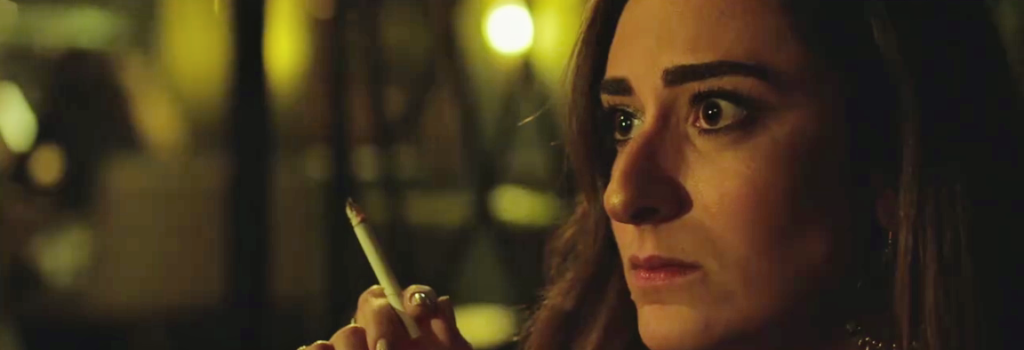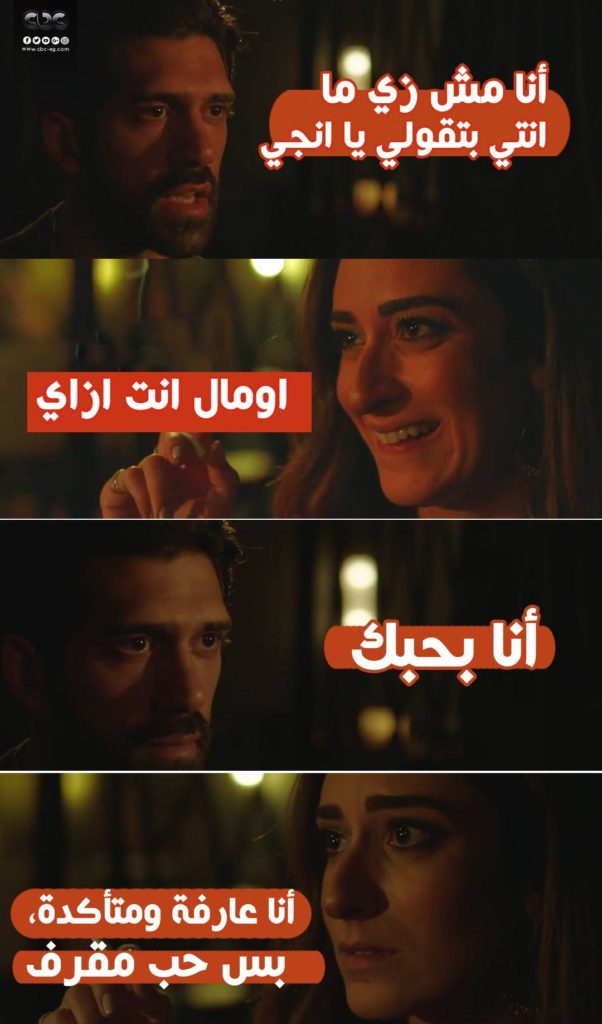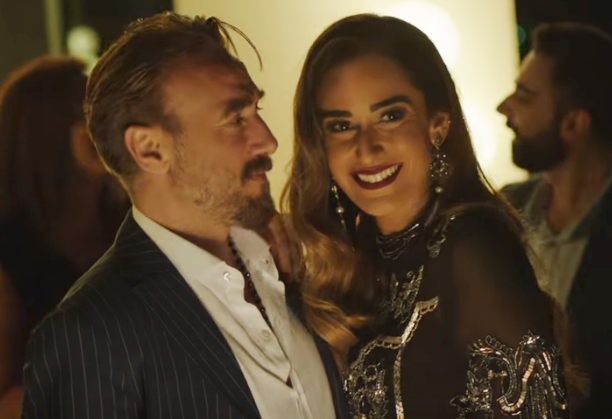This article began as a piece on the topic of how I had learned from my own experiences, and the experiences of those around me that love alone is not enough to maintain any kind of romantic relationships. I was very concerned about the angle I would need to take up, in my attempt to communicate this topic in a non – cliche way.
Thankfully, I came across last night episode’s of the popular TV series ‘La Totfe2 El Shams‘. I was moved by a scene in which Ingy – played by Amina Khalil – asked her husband Youssef – played by Ahmed Magdy – for a divorce. I was shaken to my core because I found in Ingy’s words and character a nuanced understanding of the complexities of relationship realities.
You do not need a grand betrayal nor a sexual affair to count as a cheater. Similarly, you do not need to be a completely absent partner in order to be viewed as careless by your significant other.
‘Carelessness’ that word that has the power to destroy any relationship. It is so powerful, in fact, that it pushed Ingy’s characters to its limit. This ‘good girl’ and career driven woman, suddenly found herself in love with careless Youssef’s business partner, Nadime.
More correctly, Ingy finds herself in love with the idea of being loved by someone like Nadim, being listened to by someone like Nadime, and being cared for by someone like Nadime, all while her husband is simply too busy and too selfish to notice.
Nothing kills love like having a partner who is physically present, but emotionally and intellectually absent. All this has made the purpose and motivation behind this article more clearer than ever.

Moving on to another pop culture reference – this time a western one – there is this song called You and I by Ingrid Michaelson; the song begins with a lyric that reads ‘we have got our love to pay the bills’. The truth is love alone can’t afford to pay the bills, because love requires of us that we pay for it.
We need to pay for love via compromise, via communication, via respect, via honesty, and via openness. Otherwise, we may very well end up like Ingy. This is not to say that we should all cheat on our partners, nor is it to say that cheating is justifiable, and nor is it to say that all of us will be driven to Ingy’s path as soon as we feel our significant other’s carelessness.
It does mean that we will be Ingy in as much as we will likely be in love with a standard of care and communication, that we are not receiving from the one we love most. This will likely create frustration, and pent – up negative emotions in any relationship. Indeed, nothing is more frustrating nor painful than feeling neglected by that person from whom you least expect neglect.

And no, I don’t think this is something that can be resolved through mere conversation; as much as it hurts to be neglected, telling your partner ‘hey, I need you to tell me you love me like you used to’ or ‘hey, can you please talk to me and pay attention to me’ will hurt even more.
There are things that cannot be communicated, possibly because the kind of grand illusions that being in love force us to make; we create an illusion of our partner, one that holds that he/she will remain the most caring human in the world like he/she once was.
This illusion also holds that he/she will want to listen to us, with the exact same enthusiasm that propelled your relationship forward in the first place. While that illusion – with its fictitious grandeur – obviously represents a problematic extremity, completely shattering that illusion – much like Youssef did with Ingy- is as problematic of an extremity as the former one.

The truth is Ingy’s husband spoiled her with presents, but neglected her when she warned him about Nadime’s actions and Nadime’s caring words. He chose not to listen because Nadime’s obvious love for Ingy meant that Youssef’s business partnership with Nadime would go more smoothly than ever.
I think we can all learn a lesson from the extreme case of Youssef and Ingy, that love without care, communication, and a bit of selflessness will fail. Indeed, we need to listen, know, and understand how our significant other perceives care; maybe our significant other perceives care as a promise of marital commitment, maybe our significant other perceives care as emotional availability, maybe our significant other perceives care as the occasional romantic gesture, etc.
Regardless of how our significant other may perceive ‘care’, however, we need to listen to him/her when they attempt to tell us those things.


